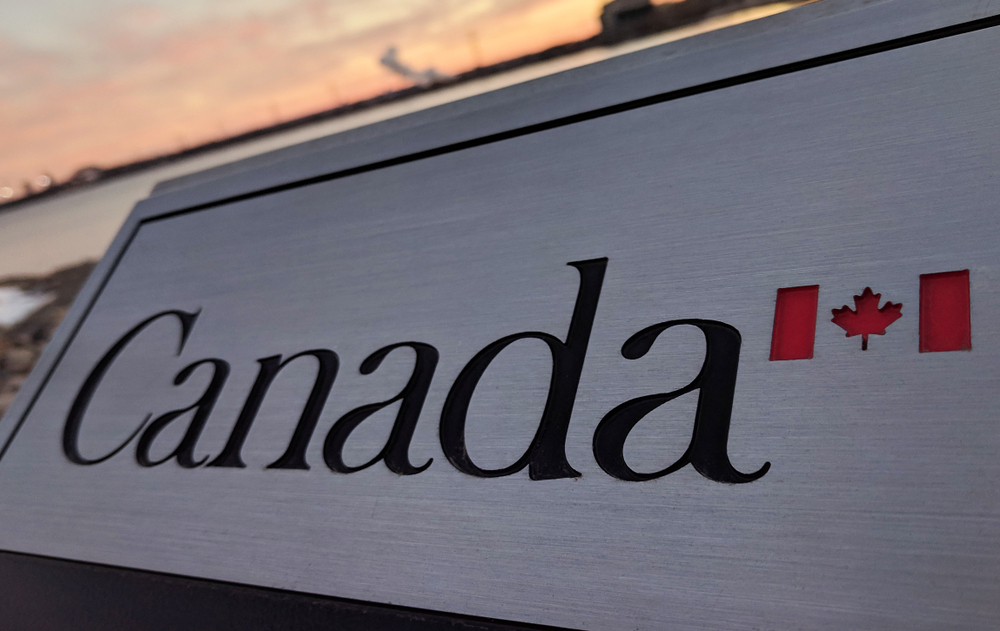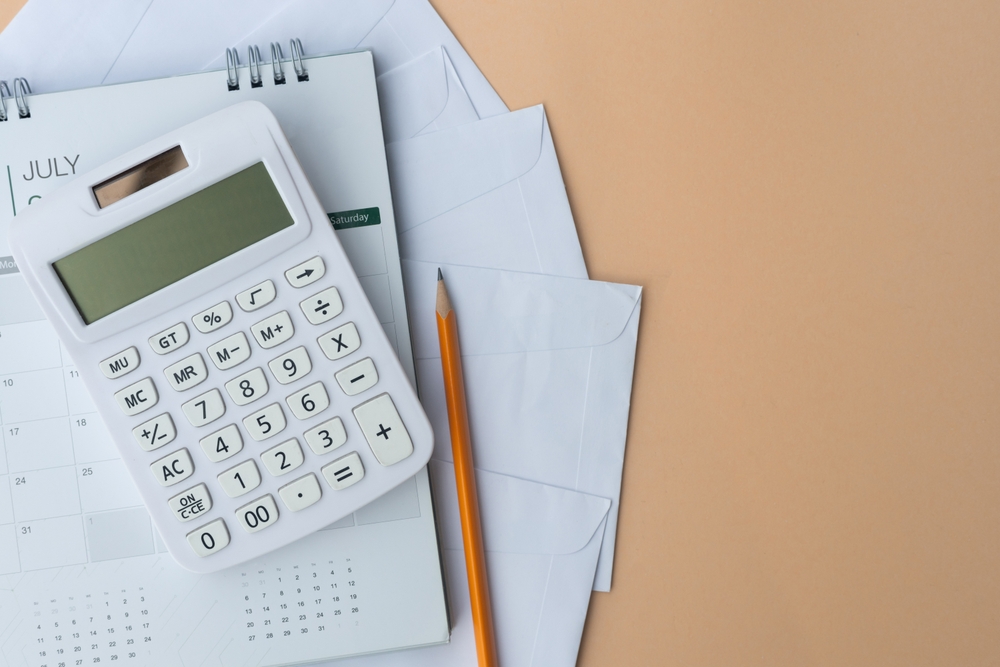Debt can be a scary thing because many people often find themselves in an endless cycle. They keep paying it down, but it never seems to go away, probably because at the same time they’re paying it down, they’re overspending.
The problem with debt is not that we don’t make enough money or that we’re not paying it down, it’s that our behavioural habits are causing us to live outside our means and buy things we don’t necessarily need.
We live in an age of mass consumerism where you’re constantly told you need the next hot item, only to find out after you’ve bought it that you only used it once. We’re addicted to shopping and tell ourselves it’s a way to make us feel better. And then before you know it, it’s too late.
Debt can strike anyone—rich or poor, young or old, educated or ignorant. Oftentimes debt is a result of these irresponsible personal choices, although occasionally it can strike us without warning in the form of a loss of a job, a medical condition, or another life tragedy.
But no matter how much money you have, you can still find yourself in debt. The solution is not always to ‘make more money’, because oftentimes when you make more, you find ways to spend more.
Take couple A for example – a husband and wife who are both doctors and have a substantial combined income. You’d think that with such a large income that they wouldn’t have any financial concerns, but that couldn’t be farther from the truth.
Despite their large income, Couple A never learned how to properly manage their money. Their large income served only as an excuse to spend more and more money. As a result, they were dangerously in debt and their family was miserable.
No matter your situation, you should avoid debt wherever possible. If you do incur debt, pay it down as quickly as possible. Debt takes a major financial, physical, and emotional toll on families and communities.
Read our guide – What happens to debt when someone dies in Canada?
Key Takeaways
- Consequences of too much debt
- How to avoid debt
- Warning signs that you have too much debt
- What to do if you’re already in debt?
Consequences of too much debt
Sometimes people don’t see a problem with ringing up a few extra costs to buy that gorgeous dress or that shiny new car. However, little choices like that can lead to big consequences like loss and repossession, poor credit and physical and emotional burdens.
- Loss and Repossession: Of course, when you can’t pay your bills, you can’t keep the things you want. The creditor may repossess your home, car, or any other items you can’t pay for.
- Poor credit: The inability to pay off your debts greatly decreases your credit score. This will limit the creditors who want to work with you and often results in higher interest rates in the future.
- Physical and emotional burdens: It’s hard to live life happily with the burden of debt hanging over your head. This could cause health problems such as ulcers, heart problems, and depression.
How to avoid debt
Sometimes debt is unavoidable, but the more you fall behind in your payments, the harder it is to catch up. Soon, you’ve dug yourself a deep hole that may seem impossible to get out of. So how do you avoid this situation?
- Steer clear of consumer debt altogether. Debt may sometimes be necessary for important things such as homes or education. However, it’s important to differentiate between “needs” and “wants.” Do you really need that fancy television or that glamorous boat? If it doesn’t fit in your budget right now, don’t go into debt to get it.
- Don’t try to keep up with the Joneses. Oftentimes, people will compare their lifestyles to that of their neighbours, friends or family members. One of the most common cases is young couples wanting to have the same lifestyle as their parents when it took their parents years to afford the same lifestyle. Don’t be a victim of this kind of thinking. Be satisfied with what you have.
- Have a budget. Having a family is expensive, so it’s crucial to have a family budget. Determine how much money you will spend in different categories, such as food, clothing, toys, extracurricular activities, etc., and don’t go outside the budget. Keep an adequate savings in order to cover extra costs in the case of an emergency.
Warning signs that you have too much debt
Do you hyperventilate when you open your mailbox and find bills? Is your bank statement something you dread looking at? Are your finances spinning out of control?
Here are three warning signs you’re in too much debt:
- You only ever pay the minimum amount. How much debt are you paying off each month? If you’re paying just the minimum payment every single month, you’ll sink further into debt by acquiring more and more interest. Here’s a whopping example: if your car cost $10,000 and has an 18% interest rate, it’ll take you 28 years to pay off the car and interest (not to mention the interest could wind up costing more than the actual car!).Don’t ever just pay the minimum. It’s important to keep your payments within a realistic limit, but don’t fall prey to the temptation of paying off debts bit by bit. The faster you pay something off, the sooner you’ll own it, and the less you’ll have to stress about. Be aggressive with your payments—you’ll thank yourself for it later.
- You’re addicted to your credit card. Are you constantly calling credit card issuers to see how much credit you have available? Do you use your credit card as extra income? Have you resorted to buying the basics with your credit card? If you answered yes to any of the above, you may be addicted to credit spending. Don’t pile debt on top of debt—the burden is sometimes too much to bear. Sometimes the intangible idea of credit as money makes people giddy with excitement—until they realize the consequences of debt. Seek help as soon as possible to learn how to reverse improper spending, and properly use a credit card.
- You don’t know how much you owe. If you don’t have a clue how much you owe to your creditors and are constantly avoiding opening bills, answering phone calls or even looking at your bank statement, you’re in way too deep. While debt can be difficult to deal with, it’s imperative that you have a sense of what you owe and to whom.
Or, if you can identify with just one of these seven signs, you also have too much debt and need help from one of our Licensed Insolvency Trustees.
What to do if you’re already in debt?
If you’ve already dug yourself into the deep hole of debt, we can offer a ladder out. The experts at Harris & Partners can help you file a consumer proposal or a bankruptcy review so your family can make a new beginning. Contact one of our 11 Ontario locations today.










